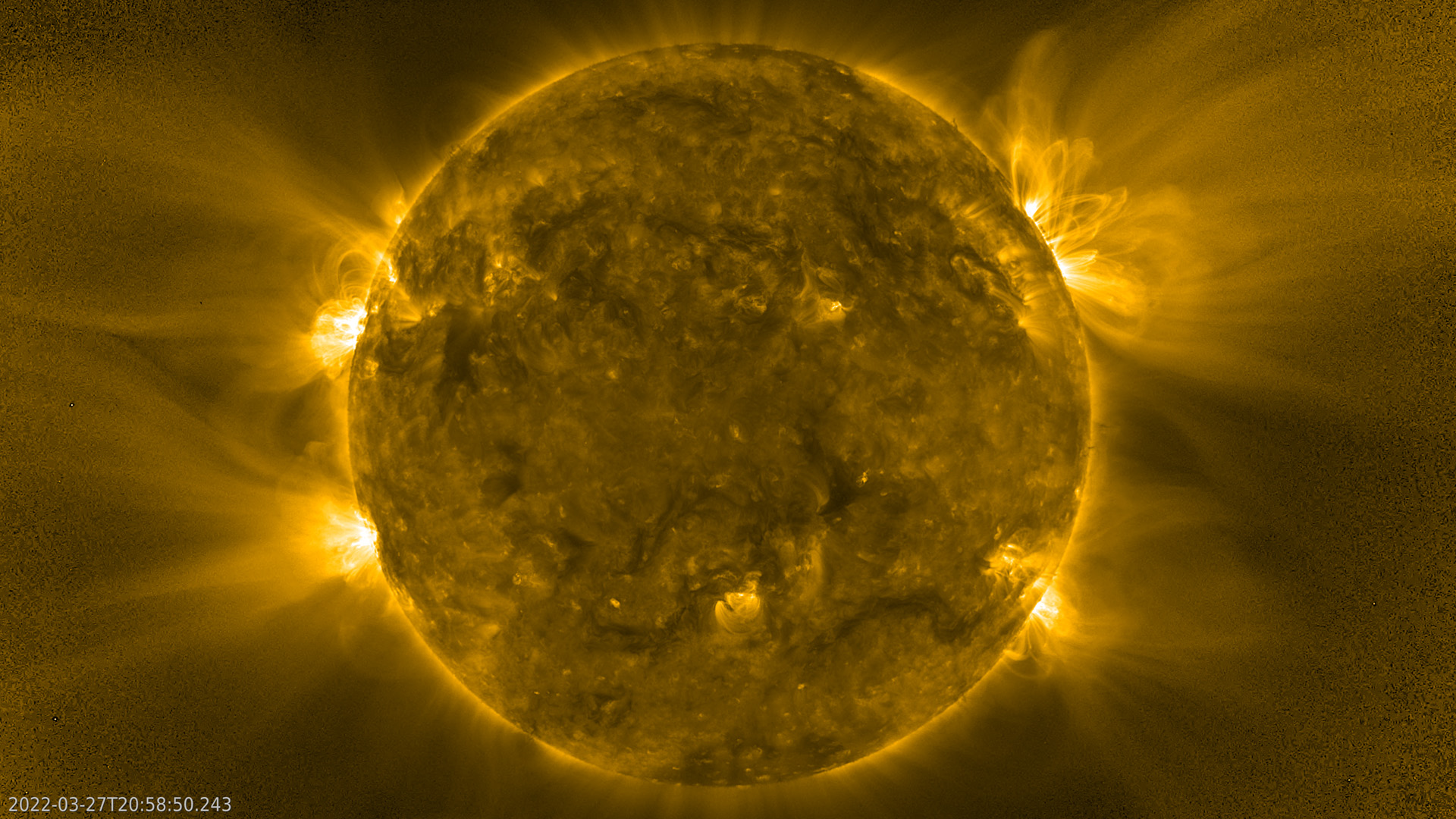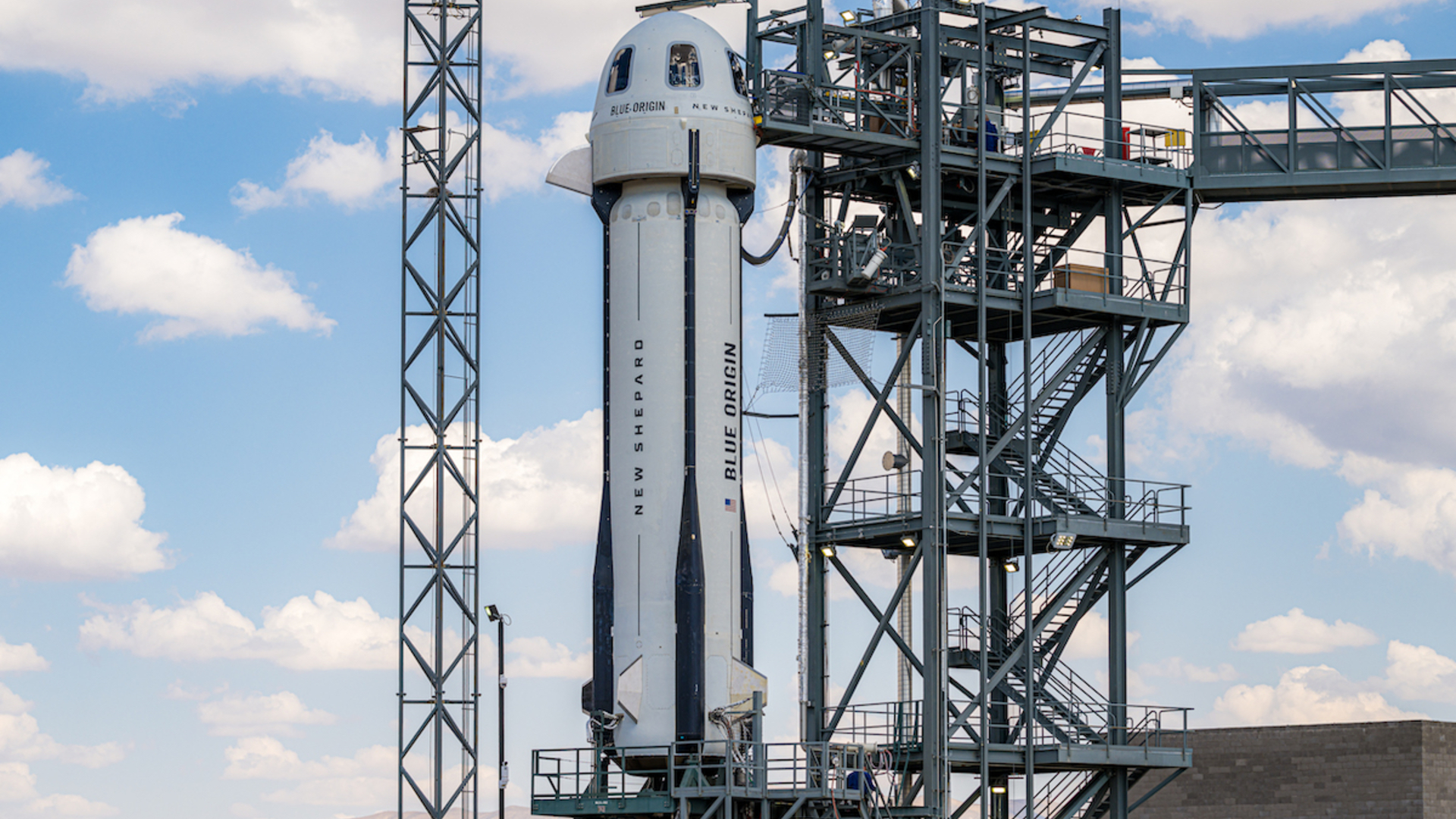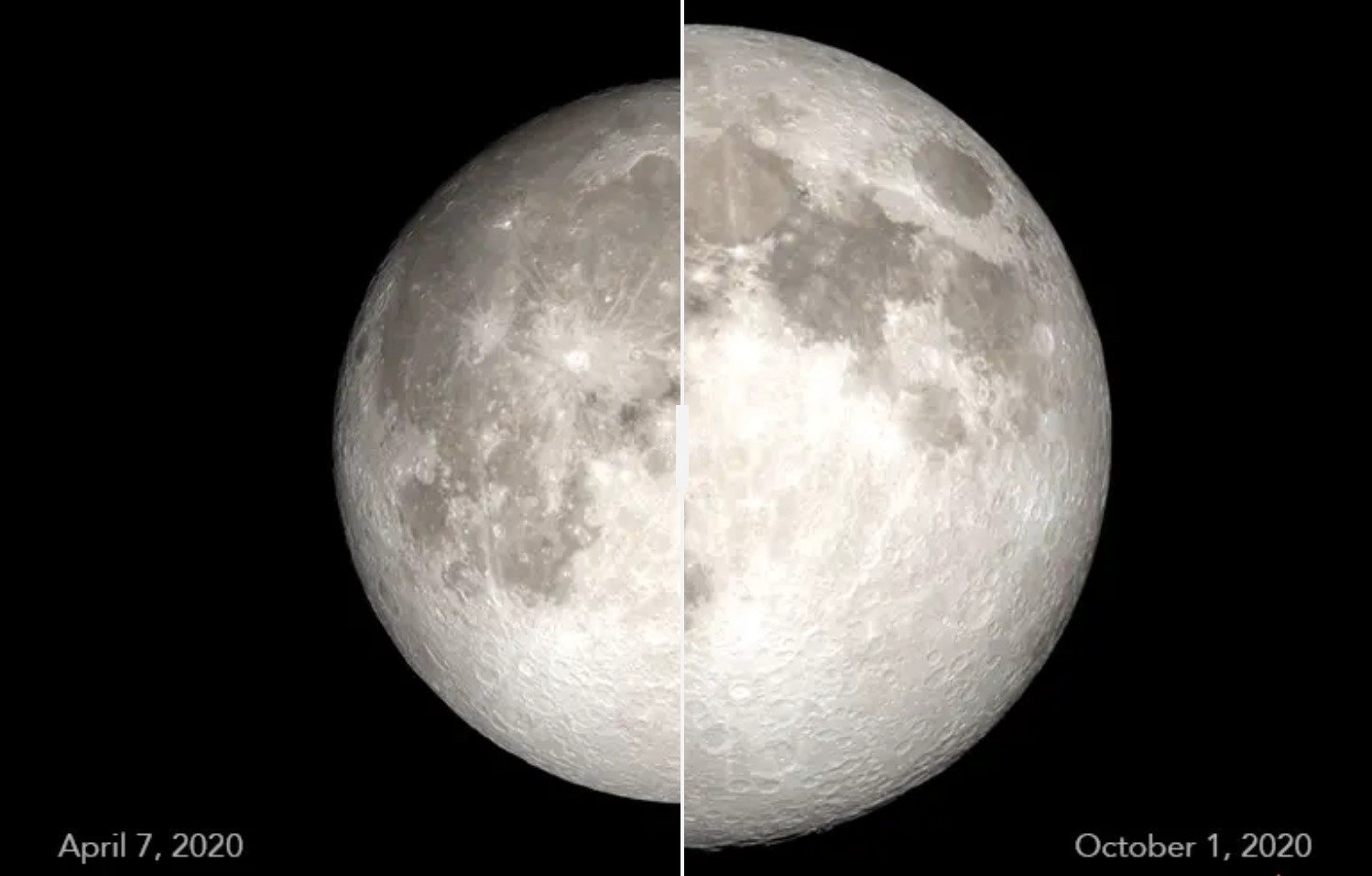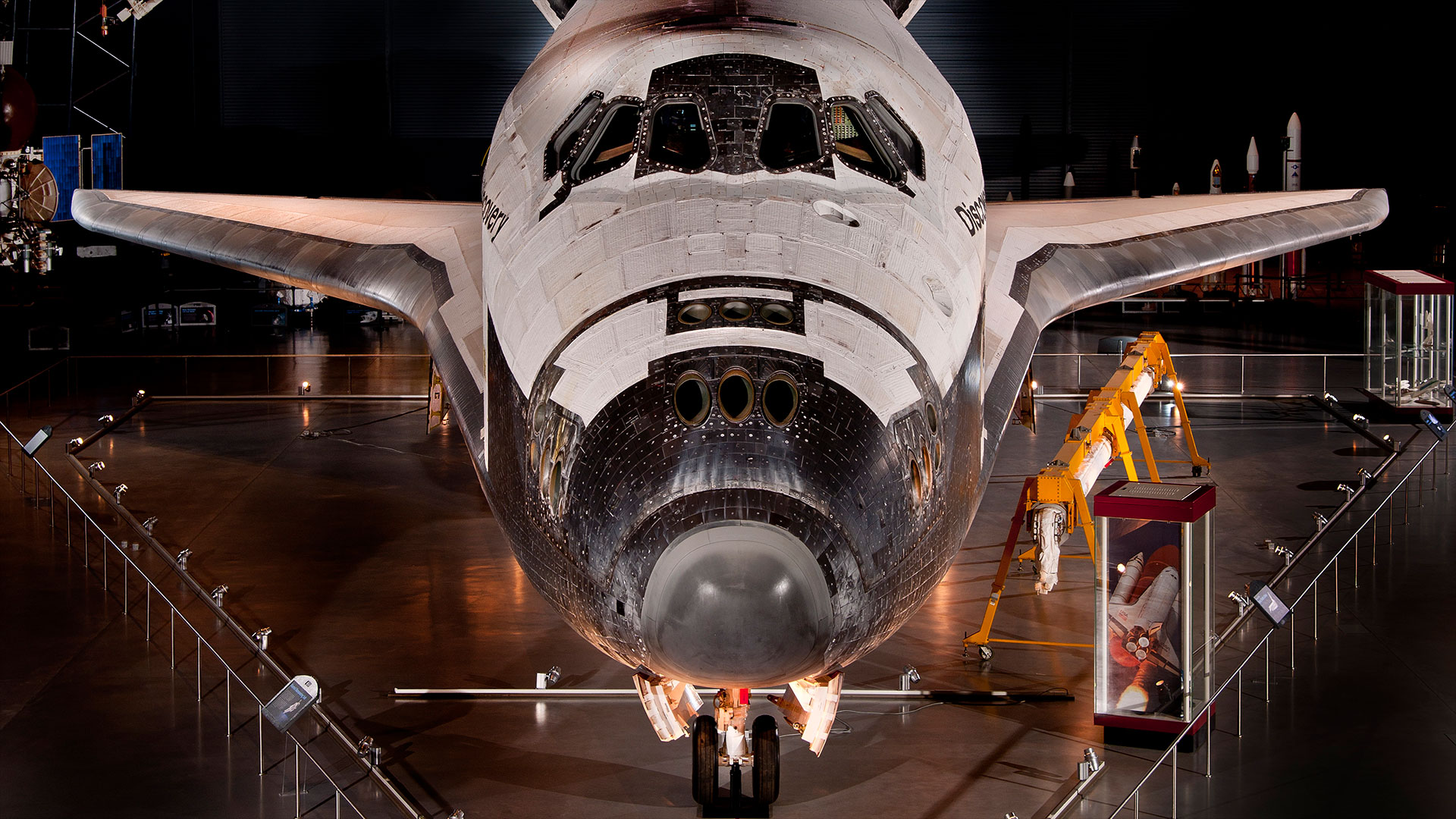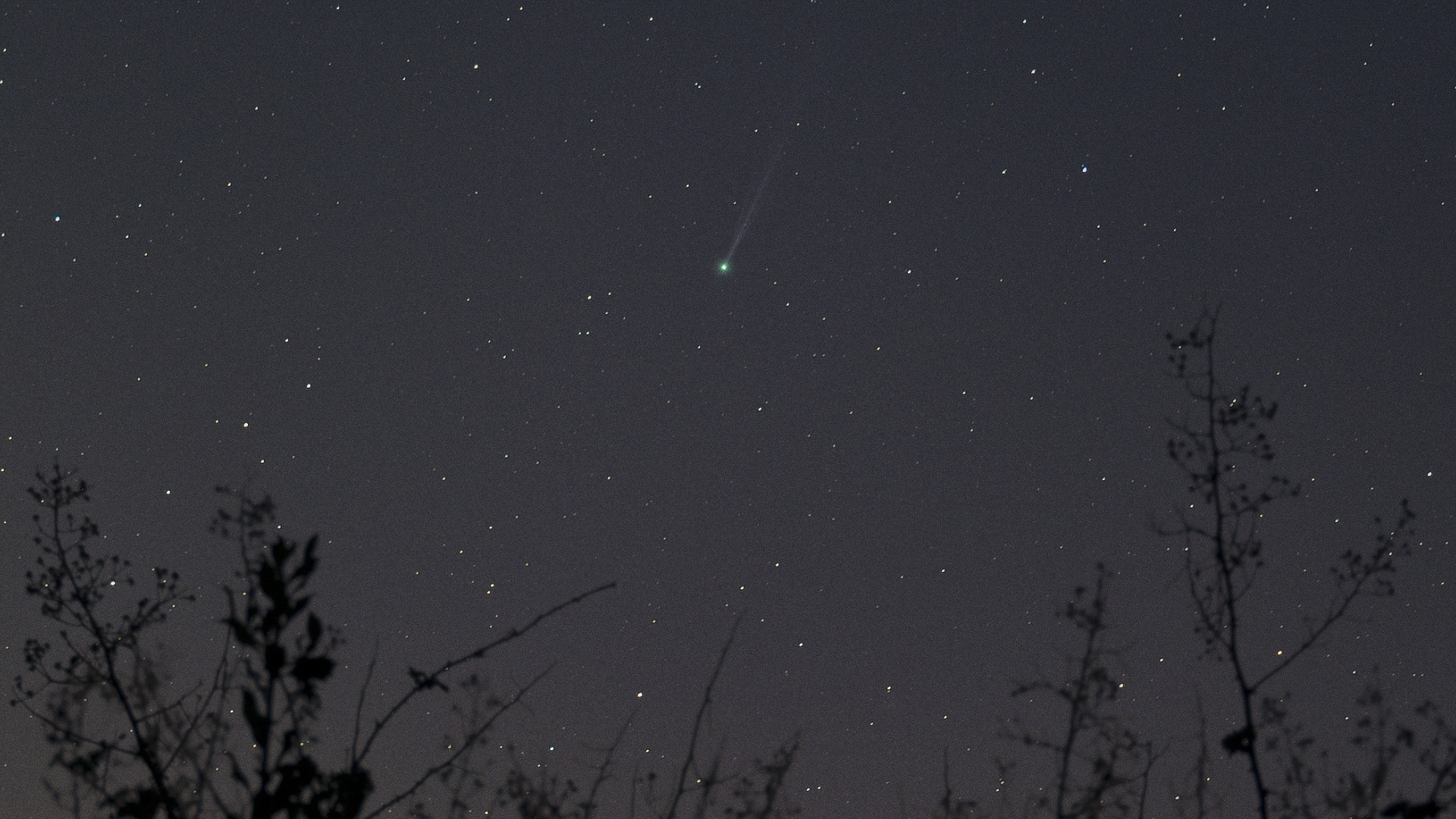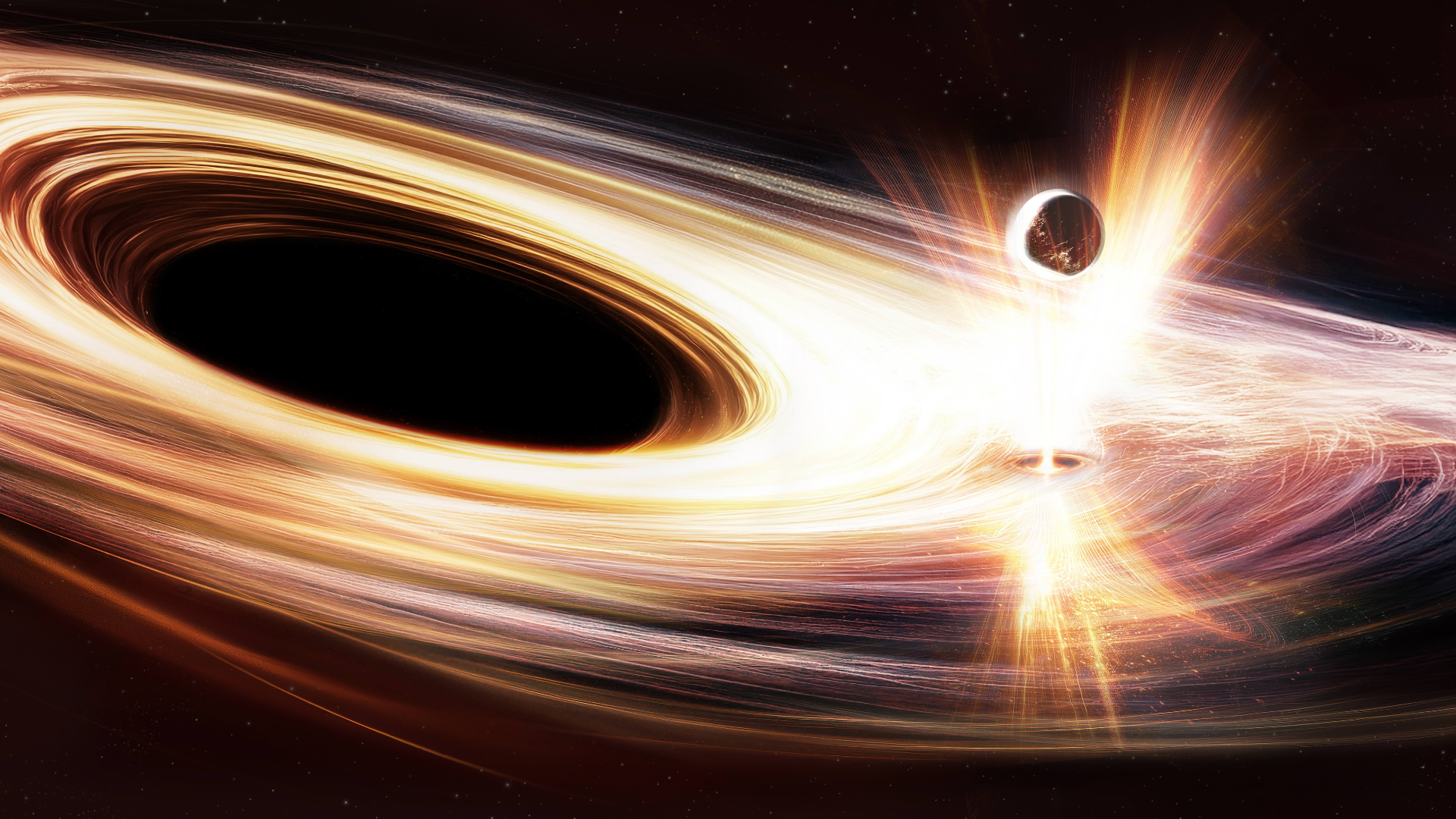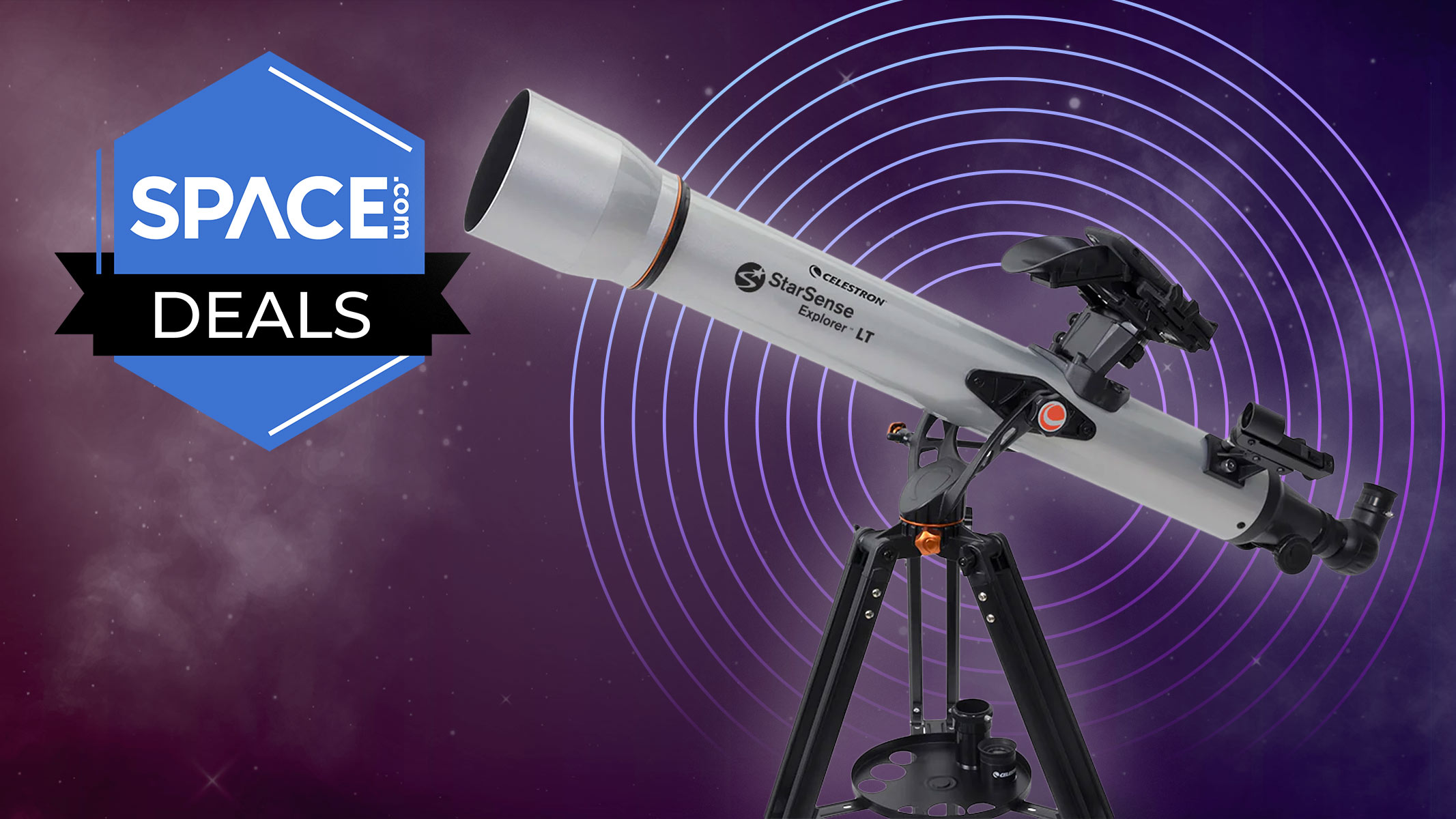
You don't necessarily have to be rich or famous to score a ride to suborbital space.
The nonprofit Space for Humanity is currently accepting applications for its Citizen Astronaut Program, which trains folks for suborbital spaceflight and will foot the bill for their trip to the final frontier. But you'll have to act fast to get your name in: the deadline is Tuesday (Feb. 15).
The overarching goal of the Citizen Astronaut Program is to improve life on Earth by spreading the "overview effect" — the life-changing perspective shift commonly experienced by astronauts after seeing our fragile planet from above — far and wide. So, if you're lucky enough to be chosen, you won't be going on a simple joyride. You'll join a cohort of passionate people who are all expected to do big things after they come back down to Earth.
Photos: The first space tourists
Indeed, passion is one of the main criteria that Space for Humanity will use when selecting people for the program. That's because the overview effect has historically served as fuel, spurring folks to act strongly on the issues they care about, said Space for Humanity Executive Director Rachel Lyons.
"It doesn't really matter what it is that you're interested in," Lyons told Space.com. "It could be ending poverty, it could be access to education, it could be LGBTQ rights, it could be environmentalism. Basically, we want people who are really, really passionate about whatever it is that they care about."
Space for Humanity is also looking for people with leadership qualities and a significant sphere of influence.
Get the Space.com Newsletter
Breaking space news, the latest updates on rocket launches, skywatching events and more!
"That doesn't mean that they necessarily have a CEO or president title," Lyons said. "But it means that they have the potential to touch a lot of lives."
Space for Humanity has not yet sent any citizen astronauts to the final frontier; the company is currently gearing up for its first crewed mission, Humanity-1. It's not yet clear when that mission will launch, or which vehicle it will travel on.
"With the speed at which advances in commercial space and human spaceflight are moving, we will continue to expand our launch providers in lockstep to support our goal of truly democratizing space," Space for Humanity's website reads. "At this point, we intend to fly with Blue Origin, Virgin Galactic and Space Perspective. We do not currently have any set flight dates but hope to be able to share a schedule later this year."
Blue Origin and Virgin Galactic both provide trips to and from suborbital space. Space Perspective is developing a balloon-borne system to take people on leisurely voyages to the stratosphere.
Space for Humanity founder Dylan Taylor flew with Blue Origin in December, by the way, soaring high above Earth on the company's New Shepard vehicle. And he said he definitely experienced the overview effect.
"Looking out the window, I think I said, 'Oh my god … oh my god!'" Taylor told Space.com columnist Leonard David recently.
"It literally took my breath away. I gasped," he said. "I know it has been said so many times before, but I never understood it. You have to have the experience. It is so much more profound than it sounds."
You can read more about the Citizen Astronaut Program, and apply if you so wish, here.
Mike Wall is the author of "Out There" (Grand Central Publishing, 2018; illustrated by Karl Tate), a book about the search for alien life. Follow him on Twitter @michaeldwall. Follow us on Twitter @Spacedotcom or on Facebook.
Join our Space Forums to keep talking space on the latest missions, night sky and more! And if you have a news tip, correction or comment, let us know at: community@space.com.

Michael Wall is a Senior Space Writer with Space.com and joined the team in 2010. He primarily covers exoplanets, spaceflight and military space, but has been known to dabble in the space art beat. His book about the search for alien life, "Out There," was published on Nov. 13, 2018. Before becoming a science writer, Michael worked as a herpetologist and wildlife biologist. He has a Ph.D. in evolutionary biology from the University of Sydney, Australia, a bachelor's degree from the University of Arizona, and a graduate certificate in science writing from the University of California, Santa Cruz. To find out what his latest project is, you can follow Michael on Twitter.

